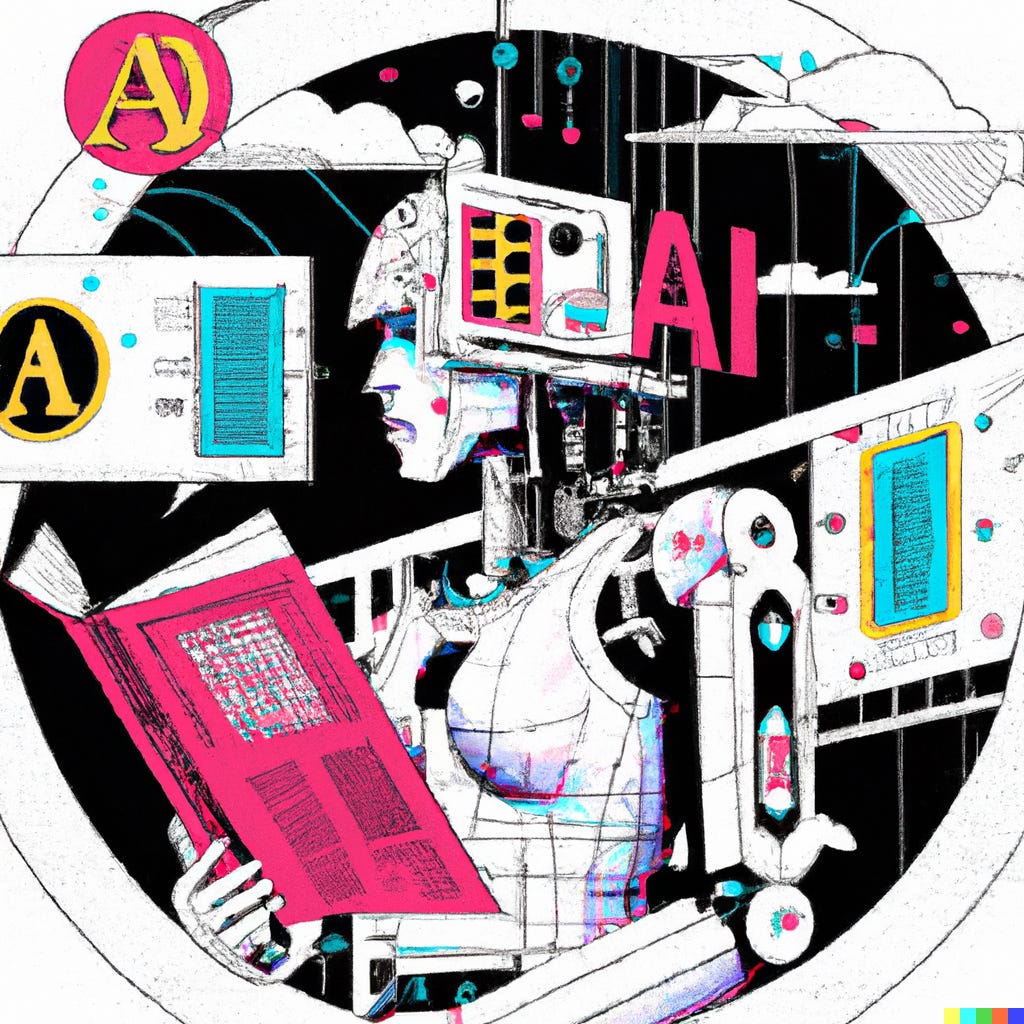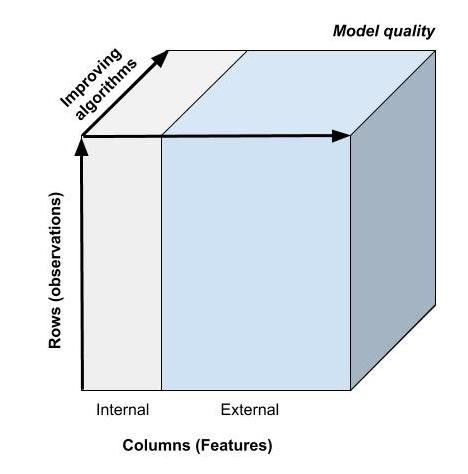Innovation in Artificial Intelligence Experiences a Slowdown
Decoding AI: Unveiling the Future of Machine Intelligence
Chip manufacturer Nvidia recently reported impressive revenues, while prominent entrepreneur Elon Musk has claimed that human-level artificial intelligence (AI) could arrive next year. Despite these assertions, there’s a crunch in the supply of chips essential for powering AI, suggesting that the AI movement is just beginning and we all need to get on board.
The Slowdown in AI Innovation
Yet, a possible letdown might be looming over what AI is thought to be capable of, and what kind of return on investment it might generate for the investors. Technological advancements in AI are hitting a slowdown, and there seems to be fewer applications for even the best systems than originally anticipated, according to a report by Christopher Mims for The Wall Street Journal. Building and operating AI have become exceedingly pricey, and the introduction of new models has not significantly impacted how most people work.
Diminishing Improvements in AI
Diminishing improvements in AI are evident in major language models like ChatGPT by OpenAI and Google’s Gemini. Their writing and analytical abilities largely stem from being fed massive data sets. However, the issue is that these companies may have already trained their models on the substantial content available on the internet, with additional data for further training now hard to come by.
To train the next generation of AI, synthetic data created by other artificial intelligences is being considered, but it did not prove notably successful for improving autonomous vehicle technology, and there’s evidence it may not substantially enhance major language models either. Cognitive scientist Gary Marcus, who sold an AI startup to Uber in 2016, has commented that what we’ve witnessed over the last 14 months is minor achievements, hinting at a plateau in the capabilities of these AI systems.

The Commoditization of AI
Studies also suggest that there’s been a convergence in the performance of various AI models, with both patented and open-source versions like those from Meta and Mistral delivering increasingly similar results. AI could become a commodity as it matures and breakthroughs become scarcer. The tech becomes a level playing field where companies then strive for efficiency.
The commoditization of AI is one reason why Anshu Sharma, CEO of the AI privacy and data startup Skyflow and former vice president at software giant Salesforce, believes the future of AI startups like OpenAI and Anthropic might be uncertain.
Challenges and Controversies
Important Questions and Answers:
– What factors are contributing to the slowdown in AI innovation?
The slowdown can be attributed to diminishing improvements in AI models, challenges in finding new massive data sets for training, the high cost of building and operating AI, and the commodification of AI technology leading to a level playing field which emphasizes efficiency over breakthrough innovation.
– How does the commodification of AI affect startups in the field?
Commodity AI means that differentiation becomes difficult and revenue-generating potential may be diminished, leading to uncertain futures for AI startups.
– What is the role of synthetic data in the future training of AI models?
Synthetic data is considered a potential solution for the scarcity of new data to train AI models. However, its effectiveness is still in question, with mixed results in various applications such as autonomous vehicle technology and potential limitations in enhancing language models.
Advantages and Disadvantages
Advantages:
– AI can significantly streamline and automate processes, increasing efficiency and productivity across various industries.
– Continued innovation could eventually lead to breakthroughs, despite the current slowdown.
– Commodification could make AI technologies more accessible and affordable for a broader range of users and businesses.

Disadvantages:
– Innovation slowdown can lead to disillusionment and reduced funding for AI research and development.
– Startups may struggle to survive unless they find a niche or develop a unique technology that sets them apart.
– Commodification might stifle diversity in AI solutions and discourage investment in innovative technologies.
For more detailed and up-to-date information about the domain of artificial intelligence, visit the following relevant links:
– Nvidia Official Website: Nvidia
– OpenAI Official Website: OpenAI
– Google AI Blog: Google AI
– Meta AI Research: Meta AI




















